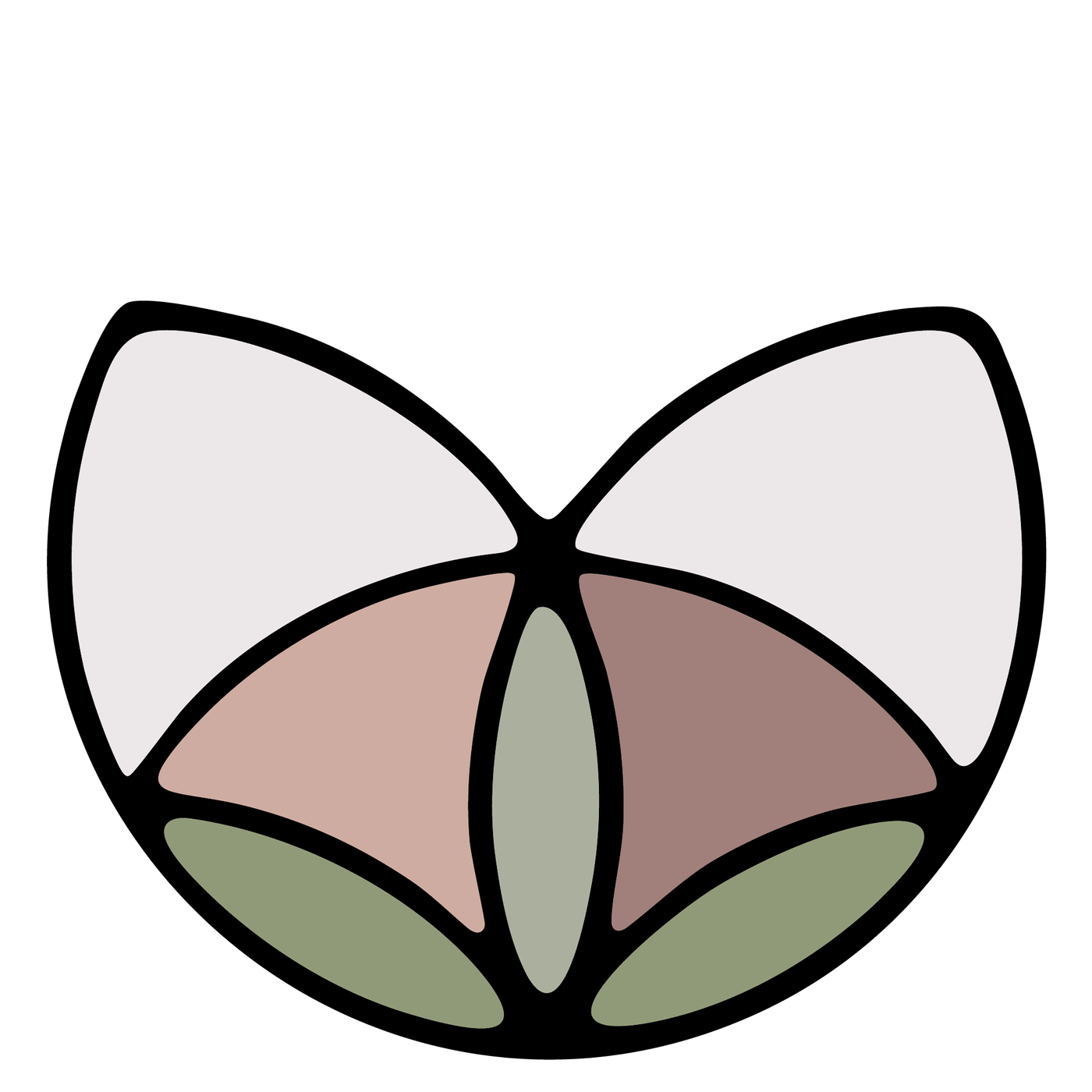As you can tell, tea is very near and dear to my heart. I drink it every day, I read about it, I learn about it, and I savor it. But there is no tea without clean, accessible, affordable water. World Water Day is an initiative to raise awareness about the millions of people who live without access to safe and affordable water. Where I live in Michigan, tens of thousands of households experience water shutoffs, or struggle to find drinkable water. This is unconscionable. I spoke with Valerie Jean, member of the People’s Water Board Coalition in Detroit, Michigan, about the fight for the right to clean, accessible and affordable water.
Table of Contents

What is World Water Day
World Water Day has been an observance of the United Nations since 1993, “to recognize water struggles around the world,” says Valerie Jean. “This year, the theme [is] Water for Peace, which makes absolute sense.”
Water access is an emergency for millions of people across the globe. Currently, the Palestinian people are facing a devastating water crisis at the hands of the Israeli government. By flooding the water tunnels under Gaza with seawater, the Israeli Defense Forces has potentially caused devastating and long-lasting damage to the aquifer that Palestinians rely on. And this is not a new issue. “In the middle of a war, the very first thing that they do is get rid of the water system.”

Local World Water Day
Access to clean, affordable water is an issue here in the United States, as well. Flint, Michigan, has been at the forefront of the clean water conversation for nearly a decade. For Valerie Jean and her Detroit community, the fight has been going even longer. “We’ve been fighting since 2006 – myself since 2014 – for affordable water for everyone, and right now we’re taking a lot of steps to make sure that that happens.”
Issues concerning the cost of water, and the consequences of not paying a water bill, have been top-of-mind for Valerie Jean and the People’s Water Board Coalition. “It’s been this way my entire life in Detroit, there’s always been one cat in the neighborhood who had… a water key to stick down in and turn the water back on… But if they get caught turning their water back on, you get a $600 ticket, plus it’s a federal felony offense.”
For Michiganders, for Palestinians, and for many surviving in a water crisis, racism is at the heart of the issue. “There’s these narratives and systematic racism… that has been indoctrinated into folks. Like, ‘we’re not paying for f***ing Detroit or people who just don’t want to pay their water bill. But that’s not the situation throughout Michigan. We’ve done all of the research and water is simply not affordable for everyone in Michigan.”

Water is a right
So, is water really a human right? Should water be seen the same as the air we breathe, or should it be compared to our internet, a commodity? “Water is probably the most politicalized conversation on the planet,” Valerie Jean adds.
“I was talking to an Anishinaabe elder the other day, and she said… indigenous people use ‘Water as Life’ because they feel – and I do, too – like water is a living being.” Indeed, Valerie Jean mentioned, it was under Evo Morales, the first Indigenous president of Bolivia, that citizens saw the democratization of water access and decision-making.
“It really is the lifeblood of all the species on the planet. It doesn’t just belong to humans.”

What we can do
Valerie Jean and the People’s Water Board Coalition have been working on ending harmful bills regarding water in Michigan, and replacing them with bills that will help the community. “The Michigan Water Affordability bill package will eliminate that all together and decriminalize turning your water back on,” she explains. “But also it eliminates people having to turn their water back on, because nobody will get shut off.”
Showing support for bills like this, and attending World Water Day events near you, can help show support for people facing water emergencies. Valerie Jean and I will be at Michigan’s World Water Day on March 19th. On a broader scale, telling your representatives that water is a right, and that no person should be denied access to clean, affordable water, will help them know where you stand. But we have to stand for something.

Conclusion
I use tea as a meditation practice as much as I do for pure enjoyment. I try to see the farmers plucking the leaves, the producers pan frying the leaves, and the journey the leaves make to get to the cup in front of me. And yet, I rarely use that same meditation practice for the water that breathes life into the leaves. Now, I will also try to see the drops of water falling into reservoirs, the systems that carry water to our homes, and the people who do not experience the right to water. Those people deserve our voices, the voices of those who have water enough to enjoy tea every day.

